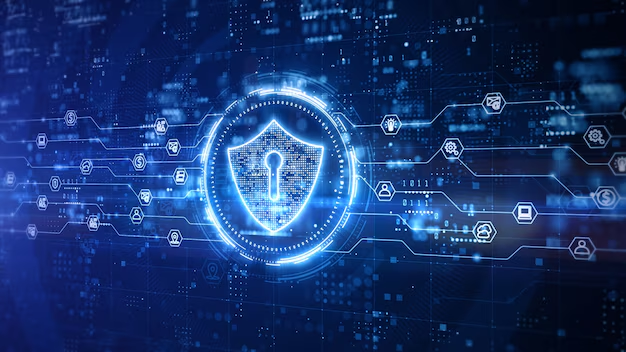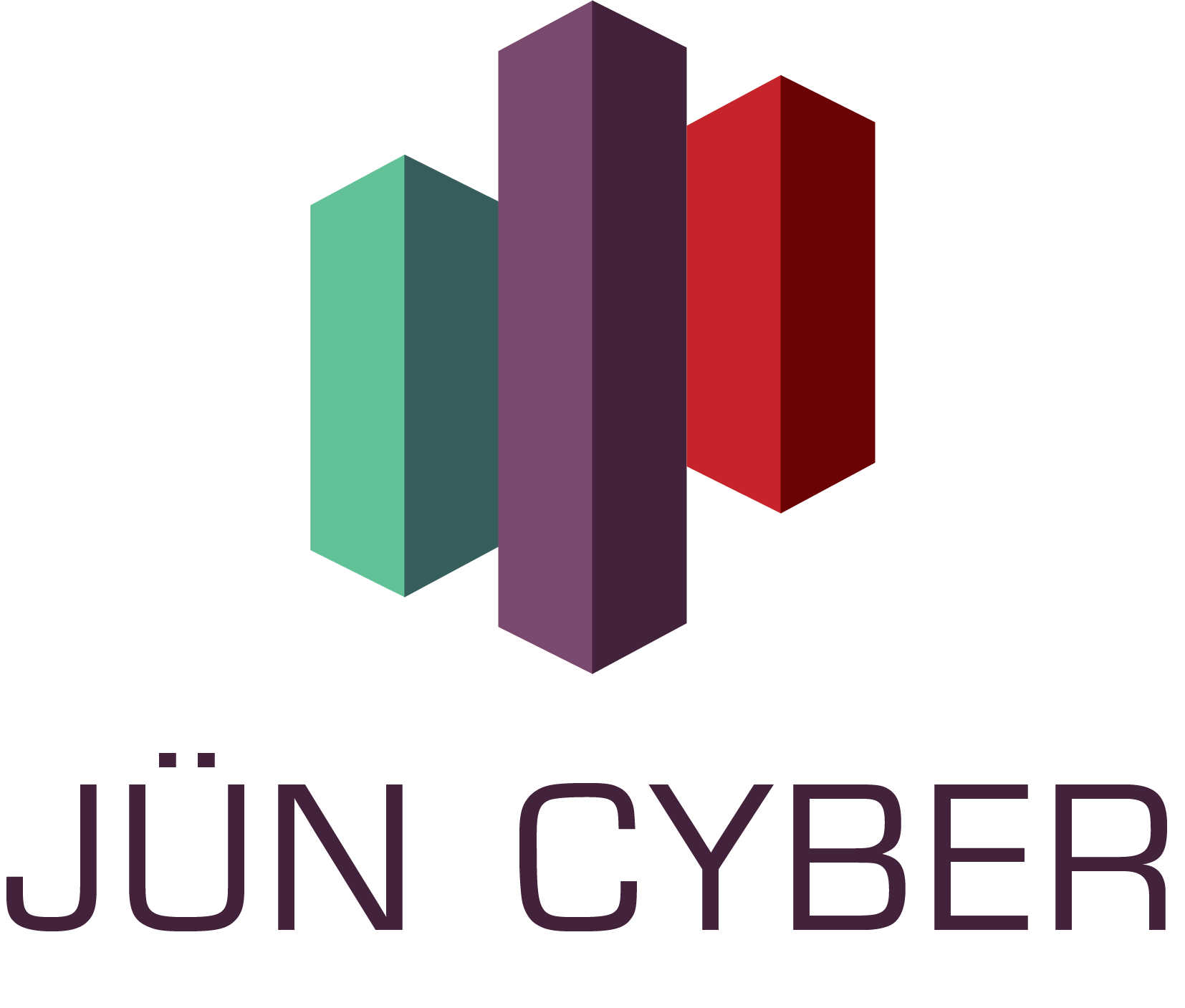
Strengthening Global Cybersecurity: Navigating IoT Vulnerabilities and Regulatory Needs
As the world becomes more interconnected, the need for strong cybersecurity measures grows. The rise of Internet of Things (IoT) devices has created both opportunities and risks. As cyber threats become more sophisticated, stronger regulations and global cooperation are essential to protect digital systems.
The Need for Stronger Cybersecurity Regulations
Cyber threats are evolving, affecting industries and institutions worldwide. Enhanced cybersecurity regulations are critical to safeguarding sensitive data and maintaining trust. Regulations should set clear security standards, ensuring manufacturers integrate protection into device design from the start. Without strict regulations, companies may prioritize cost over security, leaving devices vulnerable.
Governments and industries must collaborate to establish global security standards. A unified approach will create secure networks and foster mutual cybersecurity efforts.
IoT Vulnerabilities: Expanding Cybersecurity Risks
IoT devices increase the attack surface for cybercriminals. These devices often lack strong security due to limited processing power, making them easy targets for hackers. Key vulnerabilities include:
- Weak Authentication: Many IoT devices have poor security controls, making unauthorized access easier.
- Lack of Encryption: Some devices do not encrypt data, exposing sensitive information to cyber threats.
- Outdated Software: Many devices do not receive updates, leaving them exposed to attacks.
To address these risks, organizations should enforce strong authentication, ensure regular updates, and educate users on IoT security best practices. Cybersecurity training and awareness programs can help individuals and businesses detect and respond to threats effectively.
The Importance of Data Protection
Data protection is essential to cybersecurity. With the rapid growth of digital data, securing sensitive information is more important than ever. Organizations must implement strong encryption and secure storage methods while complying with regulations such as the General Data Protection Regulation (GDPR).
Key strategies include:
- Regular Data Audits: Frequent assessments help identify security gaps and ensure compliance.
- Data Minimization: Limiting data collection reduces exposure to breaches.
- Access Controls: Restricting access ensures only authorized personnel handle sensitive information.
By prioritizing data protection, organizations can maintain trust, reduce financial risks, and comply with global cybersecurity standards.
Preparing for Cyber Incidents
No system is completely secure, making a strong incident response plan essential. A quick and effective response can limit damage and reduce downtime.
Key steps in an incident response strategy include:
- Preparation: Develop a clear plan outlining roles and procedures.
- Detection: Use monitoring tools to identify threats early.
- Containment: Limit the spread of malicious activity.
- Post-Incident Review: Learn from incidents to strengthen future defenses.
A well-prepared response plan enhances resilience and minimizes operational disruptions.
The Role of Global Collaboration
Cyber threats cross borders, requiring global cooperation. Cybercriminals operate internationally, making a unified response essential.
Effective collaboration includes:
- Information Sharing: Exchanging threat intelligence helps detect and prevent attacks.
- Cybersecurity Alliances: Partnerships strengthen defenses against common threats.
- Standardization: Establishing international security frameworks ensures consistency across regions.
By working together, nations can build stronger defenses and create a safer digital ecosystem.
Secure Your Digital Assets with Jun Cyber
Addressing IoT vulnerabilities and strengthening cybersecurity regulations require a proactive approach. Organizations must prioritize data protection, implement strong security measures, and foster collaboration.
Jun Cyber offers expert cybersecurity solutions to help businesses protect their digital environments. Contact us today for a free consultation and enhance your cybersecurity strategy.
For further reading:
- Cybersecurity Coalition – Best practices and trends in cybersecurity policies.
- ENISA (European Union Agency for Cybersecurity) – Guidelines for enhancing cybersecurity collaboration.
- NIST Cybersecurity Framework – A comprehensive approach to managing cybersecurity risks.
Visit our website: www.juncyber.com
Schedule a free consultation: Schedule a Call
